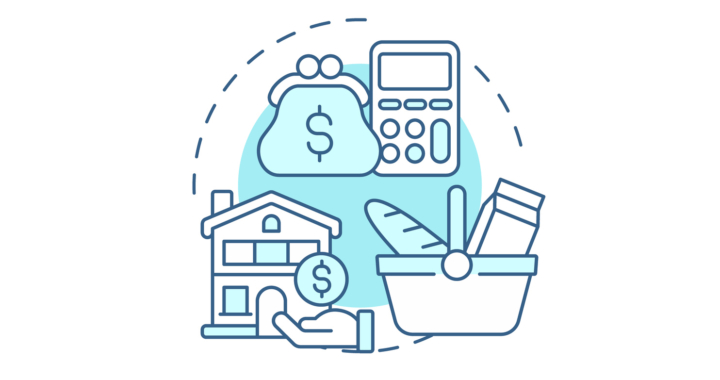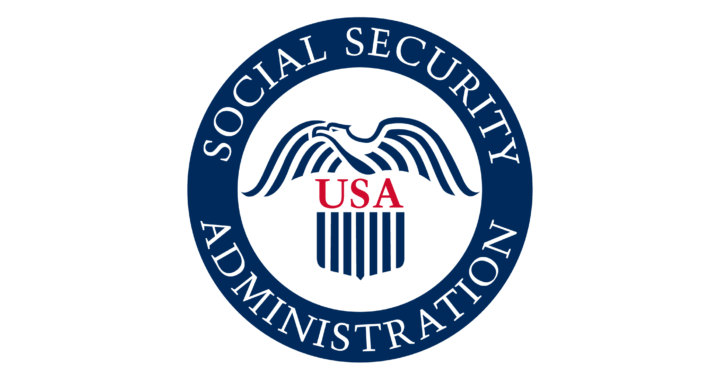Currently, if an individual who receives Supplemental Security Income (SSI) is renting an apartment or room for less than the fair market value, Social Security will 1) declare they are receiving In-Kind Support and Maintenance (ISM) and 2) reduce their SSI monthly benefit by up to one-third.
On September 30, 2024, Social Security will change how they look at rental agreements for SSI recipients. Social Security will consider this a business arrangement for the individual to pay a lower rent if the individual is paying the SSI Presumed Maximum Value (PMV) amount, which for 2024 is $314 per month.
What does this mean for SSI recipients? If you are living in an apartment and you have an agreement with the owner that you will pay less than the fair market rate for rent but at least $314 per month, your SSI will not be lowered.
The other major change is that the cost of food provided to an SSI individual will no longer be considered ISM. Prior to this rule, if you lived in someone else’s home and they provided meals for you at no charge, the value of that food would be deducted from your monthly SSI payment. As of September 30, 2024, that will no longer be the case.
Overall, as of September 30, 2024, it will be easier for individuals receiving SSI to make ends meet. It also means that a parent of a child who receives SSI can rent an unused apartment or condominium to them. If the child who receives SSI pays the PMV amount in rent, they will no longer see a reduction in their monthly SSI amount. This will give them more money each month to live on.


